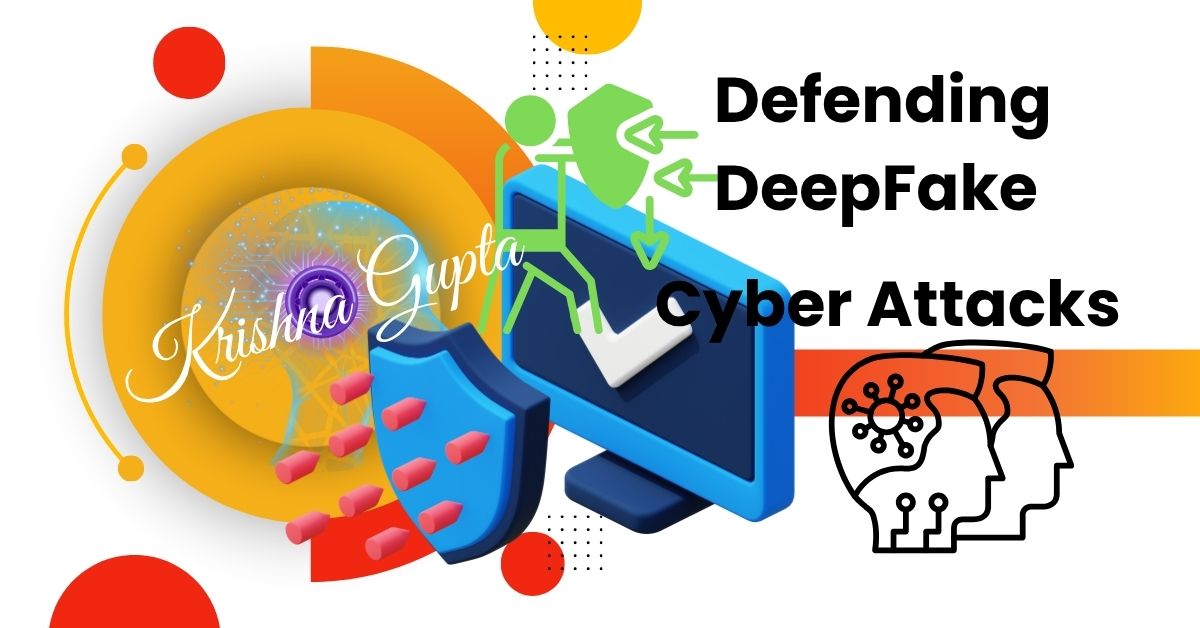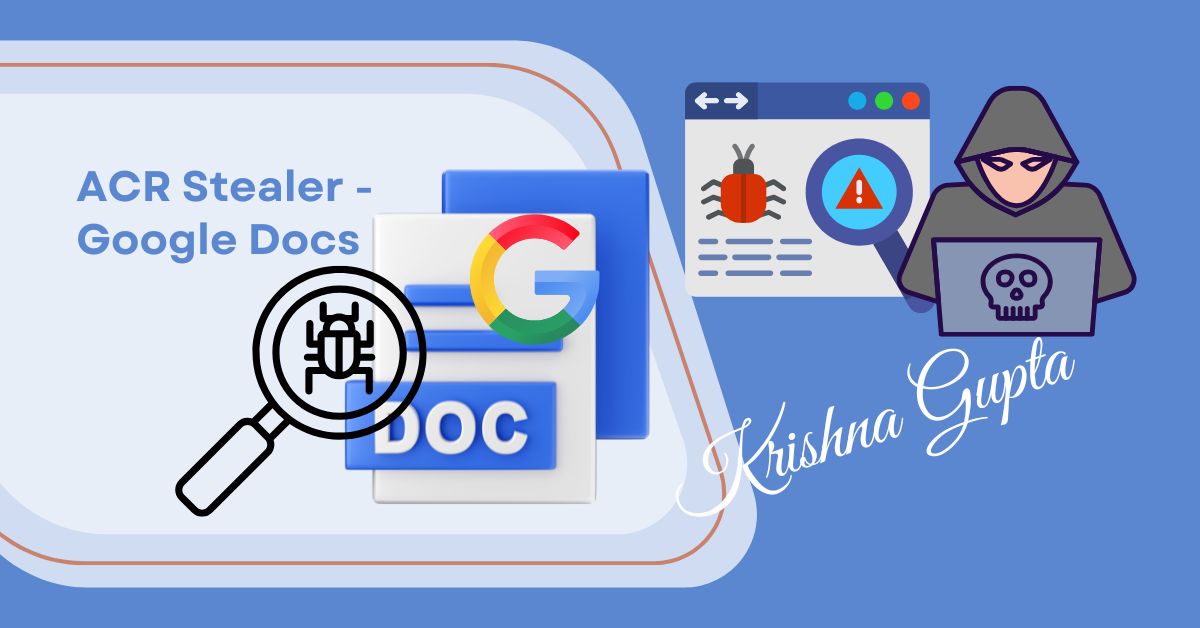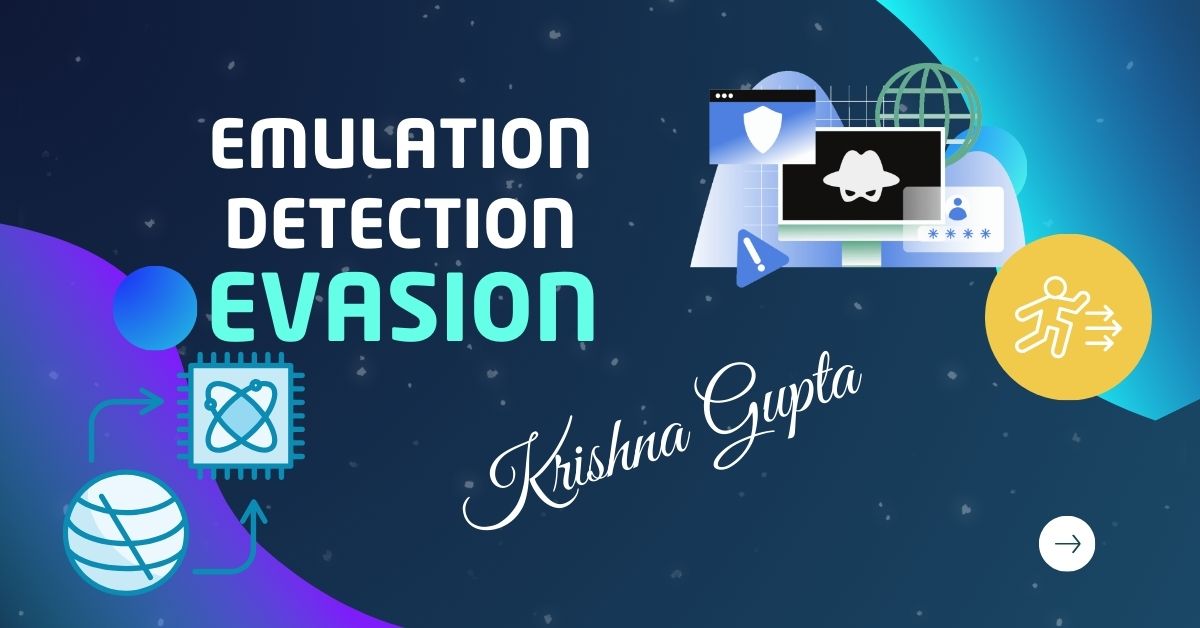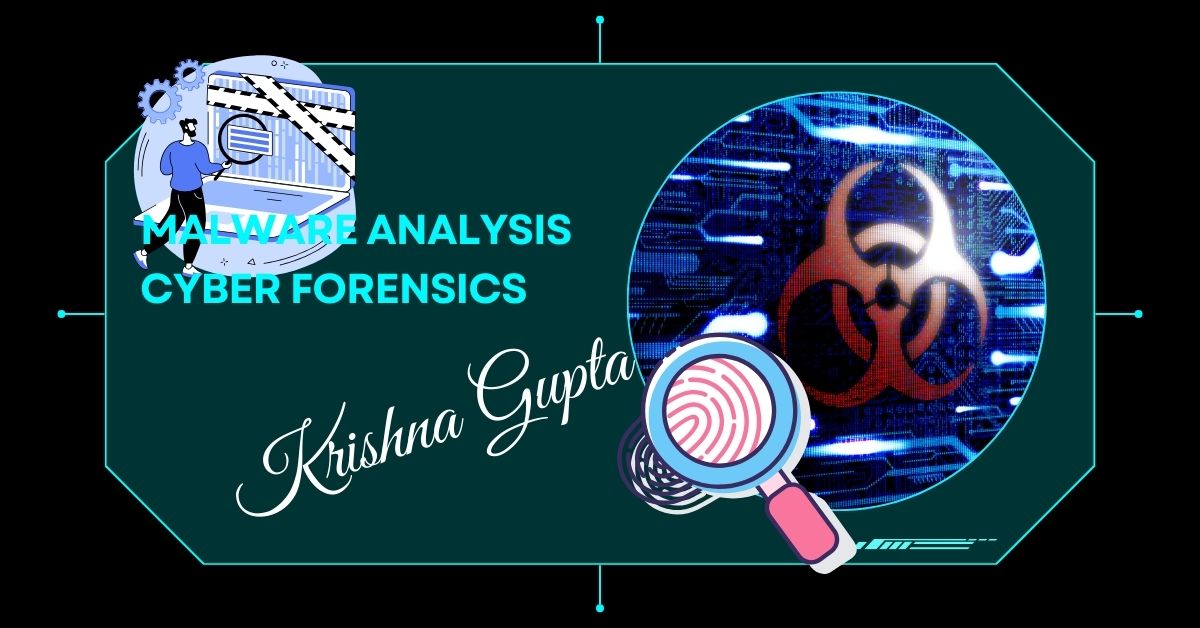Defending Against Deepfake-Enabled Cyberattacks: Four Cost-Effective Strategies for C-Suite Leaders
The rapid advancement of deepfake technology has transformed the cybersecurity threat landscape, particularly for C-level executives. Deepfake-enabled cyberattacks exploit artificial intelligence (AI) to create highly convincing fake videos, audio recordings, and images. These attacks are not merely theoretical; they are being actively used to defraud organisations, manipulate financial transactions, and compromise sensitive information.
For C-suite executives, the implications of deepfake threats are severe. Attackers can impersonate senior leadership to authorise fraudulent wire transfers, extract confidential data, or even manipulate corporate decision-making. Given the high stakes, it is critical for organisations to implement effective countermeasures.




